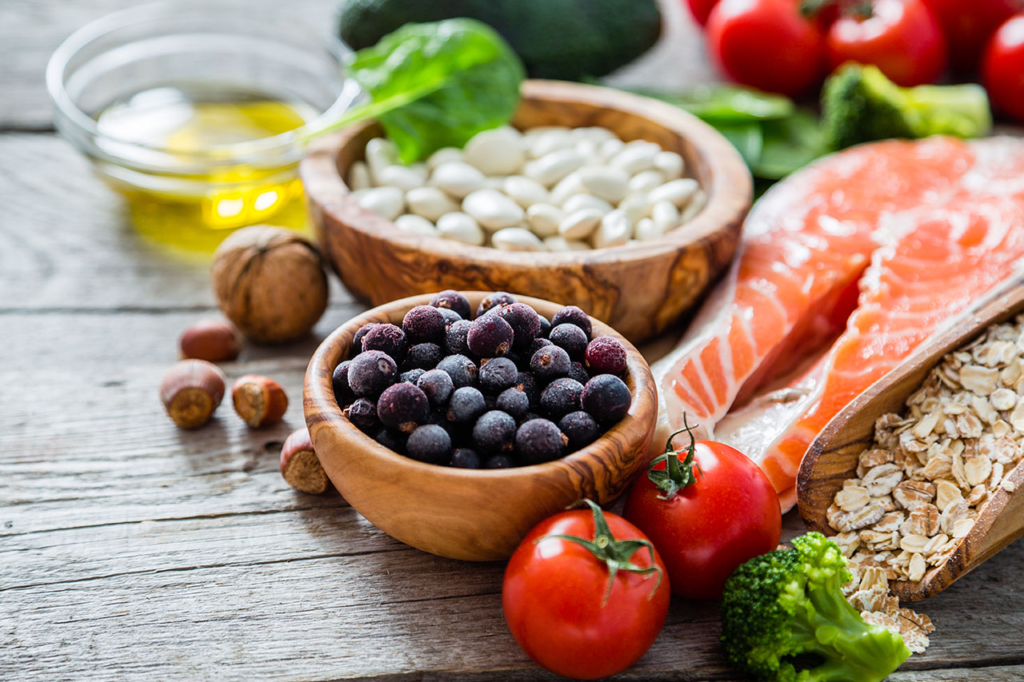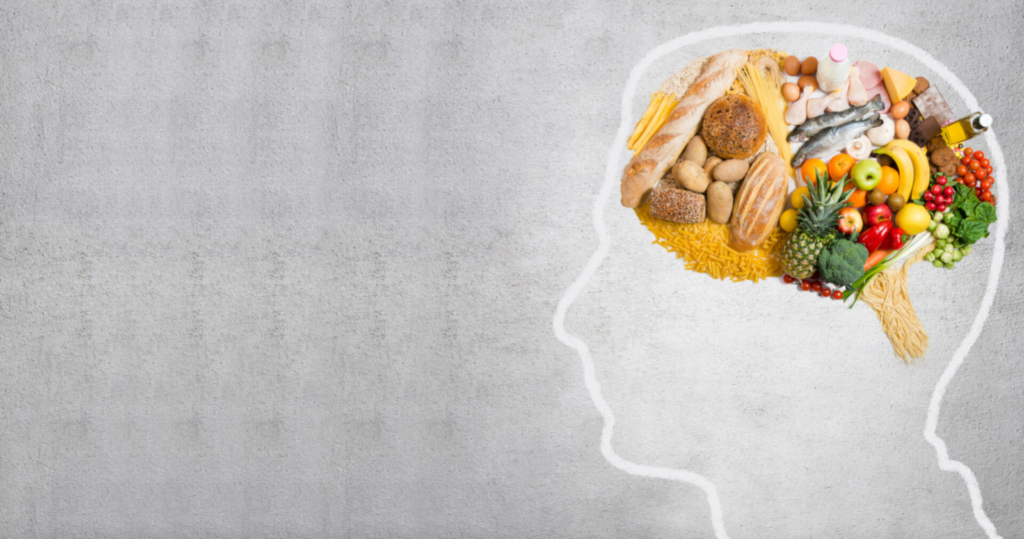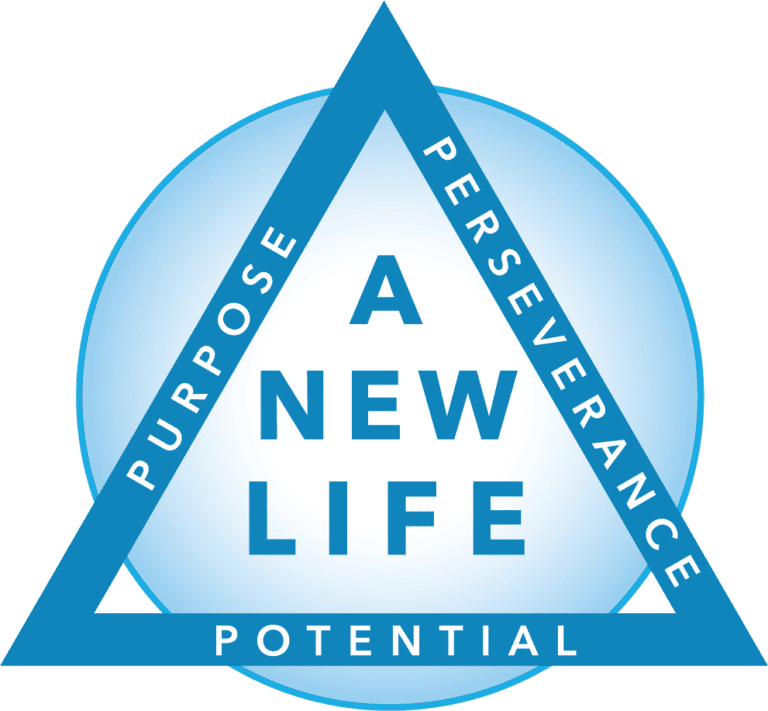Addiction recovery is a comprehensive process that necessitates having an all-encompassing approach toward achieving and maintaining sobriety. One of the most significant factors that contribute to successful rehabilitation is Nutrition. This article discusses the importance of diet on total well-being during this period, emphasizing how foods rich in nutrients can help physical health, stabilize mood, and support people willing to overcome substance abuse. Developing a balanced lifestyle provides a strong foundation for long-term abstinence.
1. Understanding Nutrition as it Relates to Addiction Rehabilitation
Nutrition has a lot to do with addiction recovery. Drug use typically leads to poor dietary habits as well as nutritional deficiencies, which could make withdrawal symptoms worse, thereby slowing down treatment progressions…. On the other hand, a proper diet can restore healthiness in the body and improve mental stability while providing enough energy required by people in their sober life.
2. The Value of Balanced Diet During Recovery
Addiction recovery is dependent on a well-balanced diet, providing the necessary nutrients for the body to heal and function properly. Below are the main constituents of a balanced diet and their benefits:
Proteins: These can stabilize mood and improve mental health through tissue repair and the production of neurotransmitters.
Carbohydrates: To combat weariness experienced during rehab, they provide a constant energy supply.
Fats: For instance, omega-3 fatty acids are necessary for brain health and have anti-inflammatory effects.
Vitamins and Minerals promote immunity, energy generation, and overall wellness.
3. Nutrient-dense foods that Boost Recovery
Including nutrient-dense foods in diets can significantly contribute to hastened healing process. Here are some recipes:
Leafy Greens and Vegetables: Spinach, kale, and broccoli contain vitamins that help detoxify.

Fruits: Essential vitamins for the body, together with fibers, are provided by berries, oranges, or apples, which include vegetables rich in vitamin C, boosting digestion.
Whole Grains: Such carbohydrates as brown rice, quinoa, and whole wheat bread offer patients continuous energy levels while assisting metabolic functions
Lean Proteins: Chicken, fish, and legumes, among others, are essential in rebuilding muscles and balancing neurotransmitters.
4. The Role of Nutrition in Stabilizing Mood
Stabilizing one’s moods when recovering from addiction is crucial. Increased consumption of nutrient-rich foods may influence neurotransmitter activity and hormonal fluctuations, affecting mental health significantly.
Critical Nutrients for Mood Stabilization
Omega-3 Fatty Acids: Depressed people or those suffering anxiety benefit from these fats found in flaxseeds, walnuts, oily fish, etc., since they boost brain health by minimizing these symptoms (depression-anxiety).
B Vitamins: The purpose of B vitamins is seen where examples like eggs, whole grains, and dairy products will be mentioned.
Magnesium: Seeds, nuts, and leafy greens are rich in magnesium, which helps to regulate moods and stress levels.
5. Nutrition Strategies for Detoxification

Detoxification is the first stage of addiction recovery, where the body expels toxins left from substance abuse. Good Nutrition supports liver function and strengthens the immune system, thus aiding detoxification.
Foods that Aid Detoxification
Cruciferous Vegetables: Broccoli, cauliflower, and Brussels sprouts stimulate detoxifying enzymes in our livers.
Citrus Fruits: Examples include lemons, oranges, and grapefruits. These fruits are high in vitamin C, which boosts immunity and aids in the detoxification process, helping to eliminate toxins from our bodies.
Green Tea: The antioxidant-rich green tea promotes detoxification while reducing oxidative stress.
6. The Impact of Hydration on Recovery
Hydration might seem insignificant, but it is essential during Recovery. Drinking enough water ensures proper body functioning, which includes detoxifying your system and avoiding dehydration-related issues.
Benefits of Proper Hydration

Detoxification: Water facilitates the removal of chemicals from the body when they are most needed, i.e., at the beginning stages of rehabilitation.
Mental Clarity: Adequate water intake can enhance cognitive ability by reducing the brain-fogging effects of addiction treatment and Recovery.
Physical Health: Proper hydration boosts kidney performance, keeping skin healthy and digestive functions regular.
7. Practical Tips for Implementing Nutritional Changes
Planning Meals ensures balance in nutrient intake and avoids impulsive unhealthy food choices.
Home Cooking: Cooking at home means control over ingredients and portion sizes.
Mindful Eating: Attend to hunger signals and eat mindfully to cultivate a healthy relationship with food.
Looking for Professional Help: A nutritionist or dietitian can help with individualized dietary advice and support.
Call For A New Life Sober Living
Are you ready for the next, healthier life? At A New Life Sober Living Facility, we understand how crucial it is to have a complete recovery. Our all-inclusive packages or programs provide tailor-made food plans to help you on your way. Reach out to us today to discover how we can assist you. you attain lasting sobriety and enhance your well-being. Join us on this new path—where each step forward brings you closer to being a healthier version of yourself.






